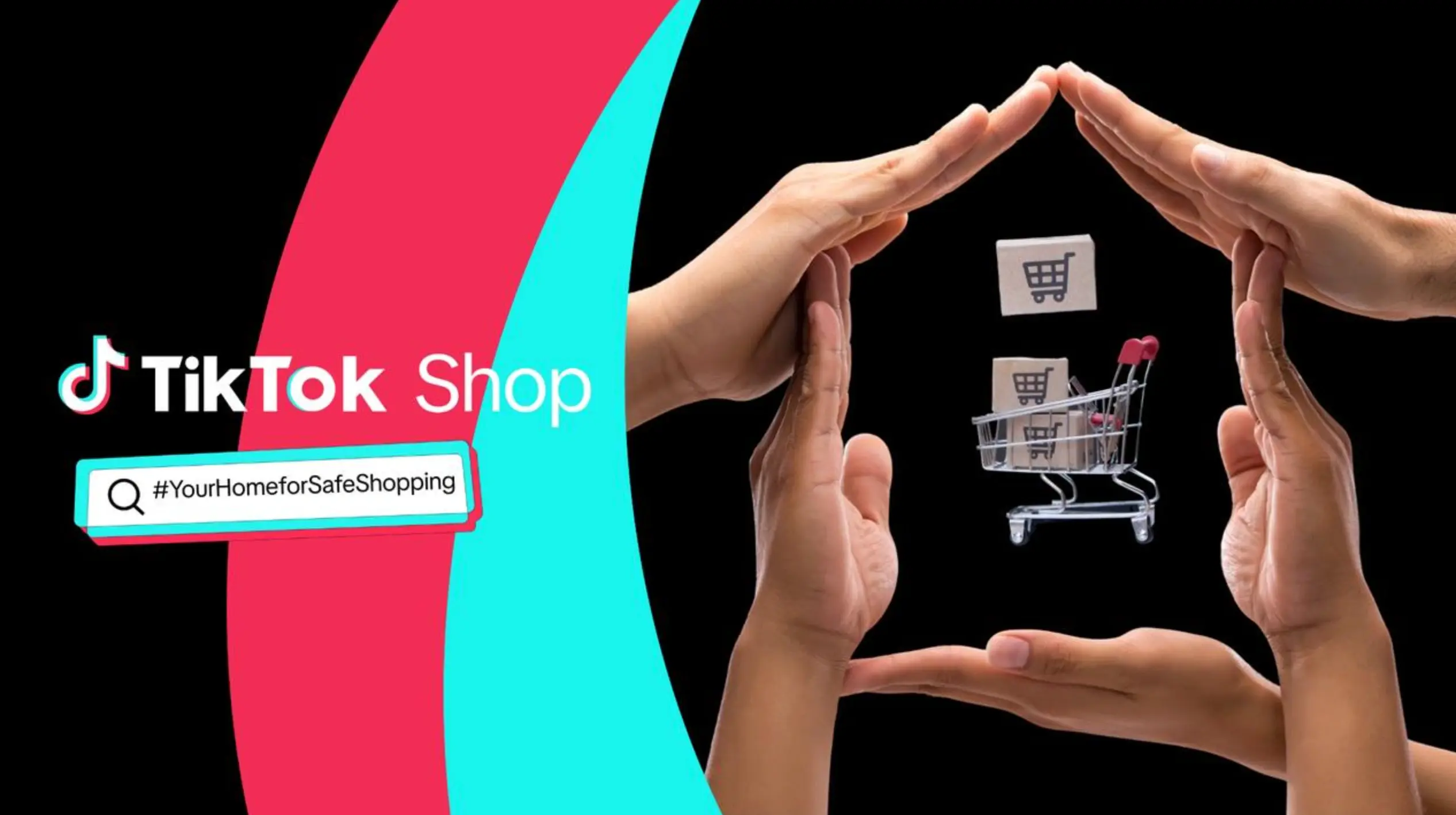Smart Devices: What They Are & Why Businesses Need Them
Updated on
Published on
.avif)
Every business wants to improve its operations. The first instrument you typically turn to is optimization. That is, you analyze the current flow and find opportunities for optimization. But these opportunities aren’t unlimited. At a certain point, you just can’t achieve further improvements without implementing new technology. Here, the choice is very wide. Below, we’ll focus specifically on smart devices—hardware solutions that bring a lot of change to your business’s operations.

Which Devices Are Smart?
Smart devices are, first and foremost, IoT products. That is, they are physical objects equipped with sensors and software to exchange data with other devices. These can be simple sensors that monitor environmental conditions or complex machinery that self-diagnoses issues.
The key feature that makes these devices “smart” is their abilities:
- collect data
- process it
- make decisions
- provide insights based on that data (often in real-time).
For instance, a smart thermostat can learn a building’s usage patterns and adjust heating or cooling accordingly. A smart security camera, in turn, can analyze video footage and alert you to potential security threats. As smart security devices evolve, incorporating advanced technologies becomes essential for businesses such as real estate. Utilizing a 360 camera not only enhances surveillance capabilities but also provides real estate agents with the tools to create virtual tours, offering prospective buyers comprehensive property views remotely. These cameras go beyond security, streamlining workflow and enhancing presentation.
Usually, businesses turn to hardware development services and order custom smart devices that can be integrated well into the existing IoT system. Such services can be useful to practically any business, especially those in
- manufacturing — sensors monitor machinery, predict maintenance needs, and optimize production.
- retail — custom systems help manage stock levels, reduce stockouts or overstocking.
- healthcare — special devices monitor patient health and enable timely interventions.
- energy — meters and management systems optimize energy consumption, reduce costs and environmental impact.
5 Things Smart Devices Can Do For Your Business
So does your business need hardware development services to get a custom smart device? As usual, that depends on your goals. Below are five tasks such devices could take care of.

Predict Equipment Failure
Needless to say, when you predict equipment failure, you avoid wasting your budget. What smart sensors actually do is that they collect data on temperature, vibration, pressure, and the like. Then, they analyze this data (often with the help of ML algorithms) and find patterns that indicate potential failures. Once they have identified the issue, they send you an alert.
With such devices, your business can
- Schedule maintenance during planned downtime.
- reduce unexpected interruptions.
- extend the lifespan of the machinery.
That is, you save money and keep your operations as efficient as possible.
Replace On-Site Personnel
There are environments where human presence is risky or unnecessary. It’s better to replace on-site personnel with machines if you can there. The latter will perform tasks remotely and people won’t be exposed to risks. This is particularly relevant to oil and gas, mining, and similar industries.
So what exactly can smart devices do in such environments? For example, drones and robotic inspectors can collect data and carry out repairs. They can inspect pipelines in remote areas so that you don’t need costly (and often dangerous) manual inspections.
Reduce Workplace Safety Risks
We’ve already covered this one a bit but only in the context of replacing human labour. This isn’t the only way smart devices can make things safer, though. Sometimes, they can work together with people to protect the latter.
Let’s take wearable smart devices such as helmets with embedded sensors or smart vests. These can
- Monitor workers’ vital signs
- detect hazardous conditions
- Send alerts if safety thresholds are breached.
The same is relevant to AI cameras and sensors that monitor work areas and prevent accidents.
Optimize Energy Consumption
Energy costs are always a significant expense. If you want to cut it down, you need to optimize energy consumption. Smart devices are of huge help in this regard.
Energy meters, thermostats, and lighting controls—these are just a few examples of devices that collect data on energy consumption patterns. Just as in the case with predicting equipment failures, they further analyze this data to find inefficiencies. Some systems can even automatically adjust energy use (e.g., turn off lights in unoccupied areas).
That’s a very beneficial scenario for your business. You reduce energy bills and lower your carbon footprint. In some cases, it can even help you to qualify for energy rebates or incentives.
By leveraging business electricity comparison tools, you can find the most cost-effective energy plans tailored to your specific needs, ensuring optimal energy consumption.

Optimize Stocking
This benefit is particularly relevant to retail, supply chain management, and other areas where you need to maintain the right inventory levels. Smart devices can monitor stocking so that you have just enough products every day.
More specifically, smart inventory management systems predict demand based on historical data, current trends, and the like. And as they do so, they let your business avoid two unpleasant issues: stock-outs (lost sales, customer dissatisfaction) and overstocking (wasted budget).
To sum it up, smart devices, especially those that have been designed specifically for your business, can do quite a lot for you in terms of improving operations. Most notably, they can help to cut costs, make things safer, and make the operational flow more predictable in general.







